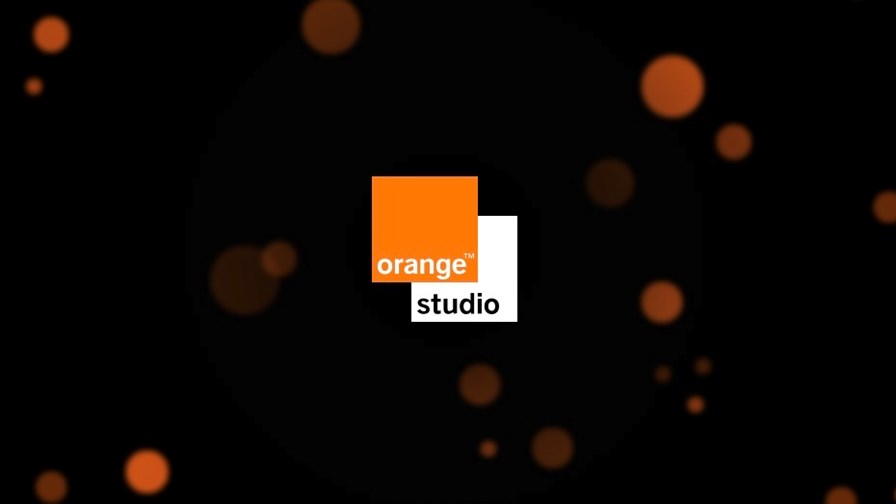
- Orange might be getting out of the movie business
- Cisco’s rebalancing act drops 4,000 staff
- Mavenir deepens relationship with DT
In today’s industry news roundup: Orange is reportedly in exclusive talks to sell its movie investment and pay TV business lines; Cisco’s rebalancing impacts more than 4,000 staff; another part of the DT empire taps Mavenir for core technology; and more.
Orange is reportedly in exclusive negotiations to sell its movie and pay TV operations to Vivendi’s Canal+, according to film industry publication Variety. The deal involves Orange Studio, which co-produces, distributes and sells rights to films, and streaming video business OCS (previously known as Orange Cinéma Séries), which has about 2.9 million subscribers. Vivendi already owns one-third of OCS, and previously tried to acquire and merge it with Canal+ in 2011, but the move was blocked on competition grounds. That, though, was in the days before Netflix, which is now the largest single streaming player in France, so regulators might now look more kindly on a combination of Canal+ and OCS. The move comes as Christel Heydemann, who took over as Orange CEO in April, puts her stamp on the company: She has appointed a new lead executive for the enterprise unit, Orange Business Services, which now has a greater focus on digital services; she appears to be reviewing the future of Orange Bank; and now looks to be offloading a non-core part of the Orange empire.
Following up on yesterday’s news about Cisco’s positive business performance and planned efficiencies, it seems about 5% of its workforce, more than 4,000 staff, will be affected by the upcoming redundancies planned by the networking giant. Cisco, which is aiming to cut $600m in operating expenses, says it isn’t cutting jobs to save money but rather to rebalance the company as it will be hiring new people in key focus areas. “Don’t think of this as a headcount action that is motivated by cost savings,” stated CFO Scott Herren during the company’s earnings webcast. “This really is a rebalancing. As we look across the board, there are areas that we would like to invest in more,” he added. Indeed, Cisco says it expects to hire almost (but not quite) as many people as it is letting go, and that the $600m isn’t all coming from staff-related savings.
Magyar Telekom, Deutsche Telekom’s operation in Hungary, is to deploy a containerised converged packet core platform from Mavenir on a private cloud platform to support all of its mobile services. “It was important for us to partner with a software provider that could deliver on three main fronts: a converged packet core to support all access technology integration from 2G to 5G; an open architecture that could run on our specified hardware and software platforms; and seamless integration with third-party network functions,” noted Laszlo Boka, platform and core services tribe lead at Magyar Telekom. “Mavenir is a great candidate for us to provide on all three fronts, and we look forward to what the future will bring,” he added. The deal is a good one for Mavenir, but shouldn’t come as a major surprise as the vendor has already been selected as a preferred supplier of converged core technology by the Deutsche Telekom group and earlier this year was selected to provide its core platform to support the telco giant’s 5G standalone operations in Germany.
Fancy a faster fibre broadband connection? If you’re a business based in London, you might want to talk to Vorboss which, just a few months back, outlined its plans to invest up to £250m in its network and offer very high-speed connectivity. In September, founder and CEO Tim Creswick was talking about how 10Gbit/s broadband should be commonplace for enterprise users, and now the company has launched a 100Gbit/s service for “London’s most data-hungry businesses” at a cost of £2,999 per month, with that price guaranteed for the lifetime of the contract and with no installation fees. “No other provider is prepared to publish a price for 100Gbit/s – if they're even able to provide it. Our mission is to bring transparency to London's businesses. Today we're announcing a fixed price for 100Gbit/s, already delivered to pilot customers. We're raising the bar for connectivity in London, and removing bandwidth constraints for the most demanding businesses,” noted Creswick. Read more.
BAI Communications has completed the acquisition of ZenFi Networks, which it first announced in July, although financial terms have not been disclosed. ZenFi, which offers small cell, fibre and edge colocation services, joins Mobilitie and Transit Wireless in BAI’s North American portfolio. ZenFi’s assets include more than 1,100 route miles of fibre network in the New York and New Jersey metro region: That network connects major datacentres and points of presence in 65 colocation facilities. Read more.
Telecom Italia (TIM) has announced that Enrico Maria Bagnasco is replacing Elisabetta Romano as the CEO of Sparkle, the carrier’s international networks unit that boasts 600,000km of fibre spanning Europe, Africa, the Americas and Asia-Pacific. Romano, though, retains her seat on the telco's board.
- The staff, TelecomTV
Email Newsletters
Sign up to receive TelecomTV's top news and videos, plus exclusive subscriber-only content direct to your inbox.




